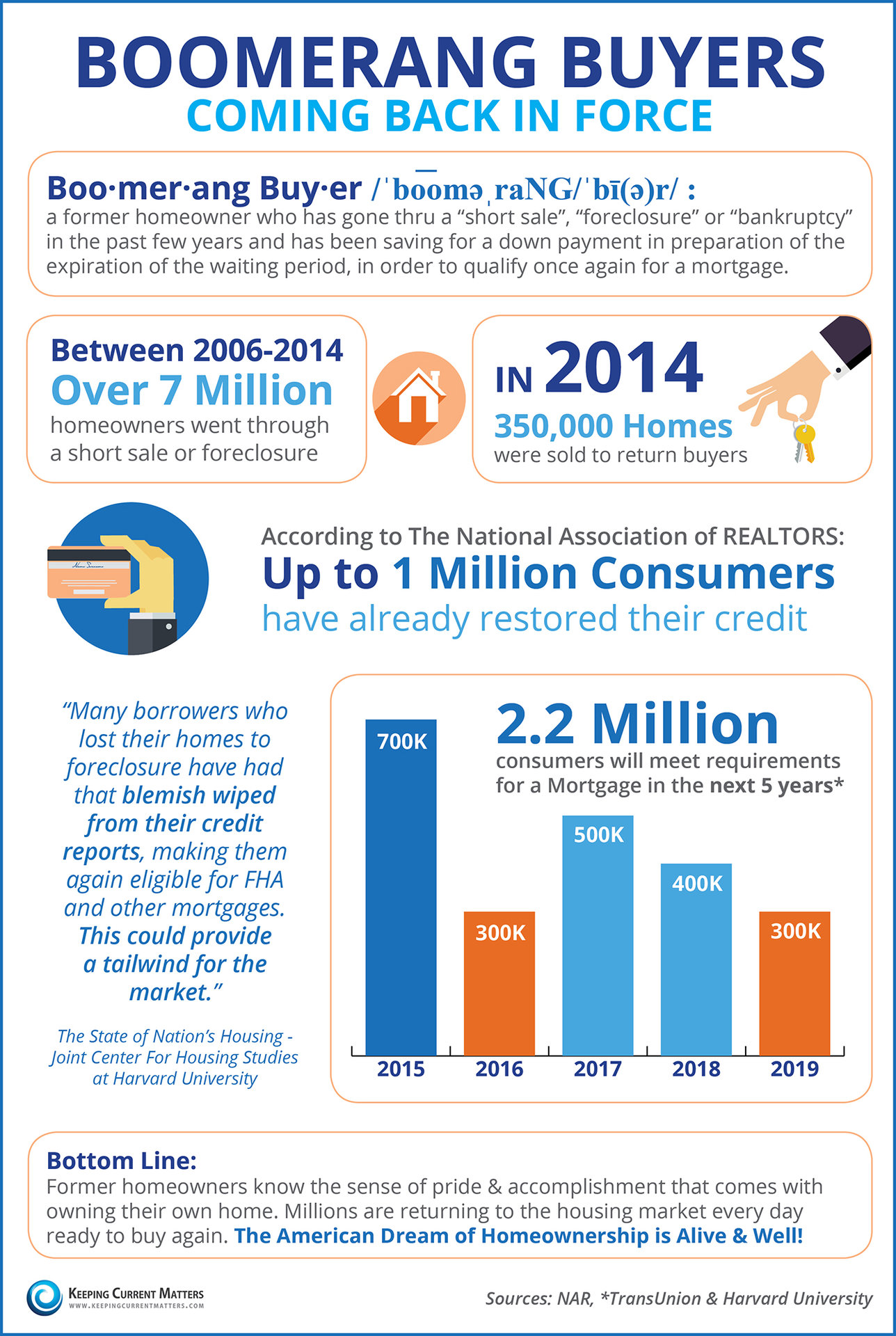As you look ahead to the next 5 years in real estate planning, support on your own for a landscape shaped by technical improvements, shifting demographics, and an expanding focus on sustainability. Virtual reality trips and artificial intelligence are simply the start. The future holds a tapestry of advancement waiting to change just how we consider property and area advancement. Stay tuned for a look right into what exists in advance in the realm of property planning.
Technological Innovations in Real Estate
When thinking about the future patterns in realty planning, it's important to think about the impact of technological technologies. Developments in innovation are reinventing the property sector, altering the means buildings are acquired, offered, and took care of.
Virtual reality excursions enable potential customers to check out buildings from the convenience of their homes, conserving time and making the procedure a lot more effective. Additionally, artificial intelligence is being made use of to examine market patterns and anticipate future building worths, assisting capitalists make notified choices.
Smart home modern technology is an additional substantial advancement shaping the property landscape. From https://travislfauo.ziblogs.com/32059468/do-you-require-advice-on-what-questions-to-ask-a-realty-planning-lawyer-before-you-determine-to-employ-them -efficient appliances to safety systems that can be managed remotely, these functions are coming to be increasingly popular among buyers. Furthermore, blockchain technology is improving purchases by giving safe and secure and clear methods for conducting real estate bargains.
Accepting these technological technologies will be critical for real estate coordinators to stay affordable and fulfill the evolving demands of customers. By incorporating these advancements into their strategies, professionals can improve the overall experience for purchasers, sellers, and capitalists alike.
Altering Demographics Impacting Planning
With group changes affecting property planning, it's essential for experts in the sector to adjust to altering populace fads. As the population ages, there's an enhancing need for age-friendly housing and facilities. Infant boomers are downsizing, looking for walkable areas with access to healthcare and pastime. https://www.inman.com/2022/05/31/not-with-a-bang-but-a-whimper-why-rex-shuttering-doesnt-really-matter/ is likewise seen with millennials, who focus on benefit and sustainability, driving the need for mixed-use developments and green spaces.
Moreover, the boosting variety within the population calls for even more inclusive planning strategies. Culturally diverse areas require spaces that satisfy different preferences and traditions. wills and trusts lawyers near me need to think about these elements when making and marketing buildings to ensure they reverberate with a wider audience.
Furthermore, the rise of remote work is improving real estate choices. With even more people working from home, there's a growing need for office, high-speed web accessibility, and flexible living spaces.
This shift is influencing the advancement of suv and rural areas as sensible options to metropolitan living. Adapting to these altering demographics will certainly be crucial for successful property planning in the coming years.
Sustainable Growth Practices
The evolving landscape of property planning is significantly focusing on lasting development practices. As you expect the next five years, including sustainable components right into property jobs will be crucial. Embracing sustainable practices not only profits the environment but additionally improves the value and charm of homes.
Purchasing energy-efficient technologies, making use of green materials, and advertising green areas are coming to be basic practices in real estate development. These campaigns not only decrease the carbon footprint of buildings yet additionally draw in environmentally-conscious lessees and customers.
Sustainable structures are much more cost-effective over time, as they take in much less power and sources, leading to lower functional expenses.
Furthermore, including lasting functions can separate your real estate tasks in an open market. Customers are significantly prioritizing sustainability, and homes that align with their worths are more likely to stick out.
Conclusion
In the following 5 years, property planning will certainly remain to develop with technological improvements, changing demographics, and a concentrate on sustainability. Virtual reality trips, artificial intelligence, age-friendly housing, and environment-friendly functions will shape the future of the industry. Keep ahead of the curve by welcoming development, inclusivity, and lasting practices in your property preparation initiatives. The future is bright for those who adjust to these fads and accept the chances they bring.
